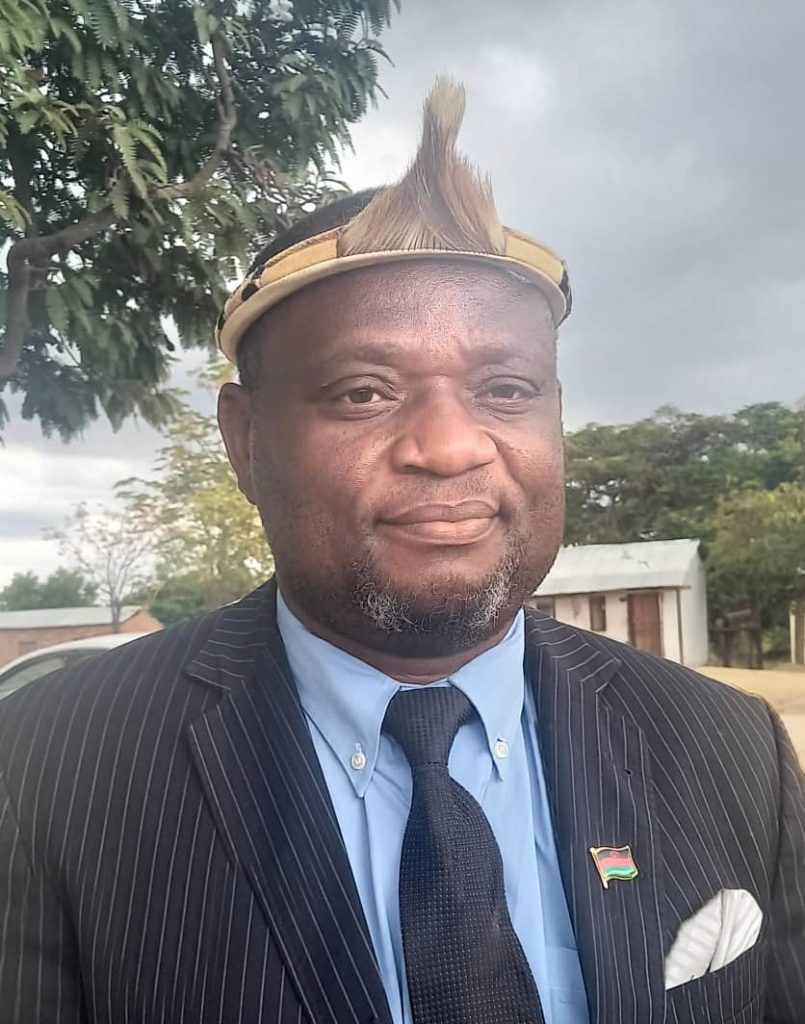Chiefs demand resumption of public works program
Traditional leaders from Ntcheu, Dedza and Chikwawa districts have demanded the resumption of Public Works Program (PWP) under the government’s social protection programmes to alleviate Covid-19 induced economic hardships facing communities.
The demand follows a series of consultations that Outreach Scout Foundation with support from the International Labour Organisation (ILO) has been conducting to assess the status and impact of social protection programs.

Senior chief Makwangwala of Ntcheu, Senior chief Kachindamoto of Dedza, senior chief Chapananga of Chikwawa and village heads under them damanded in separate interviews the resumption of the PWP, as it reaches to a good number of beneficiaries.
The PWP which was being supported by development partners on a larger scale stopped few years ago because donors felt it was not significantly impacting communities to alleviate poverty and become economic empowered.
In an interview, Makwangwala said in line with Malawi 2063 (MW2063) vision which is anchored on wealth creation and self sustenance, people in rural areas need a financial push through locally implemented projects to recover from Covid-19 pandemic.
He said: “The program involved maintenance of community roads, environmental management and conservation among others implemented through Village Development Committees but now there is nothing on the ground and people are suffering, there are no jobs.
“Rural infrastructure is dilapidated because the public works program stopped, this was the only program that reached many people and resuming it will make an economic difference in recovering and becoming resilient from Covid-19”.
On her part, Kachindamoto said the PWP if introduced will be a game changer in villages because incomes are limited and that social cash transfer programs currently running targets fewer people with miss-targeting in most cases.
Speaking representing Senior chief Chapananga, group Village headman Thumba said people are in need of the public works program because unlike social cash transfer, it has a wider reach of the people which would provide economic empowerment to the majority.
ILO national project coordinator Reagan Kaluluma said the stoppage of the public works program created a gap in supporting poor livelihoods in communities.
He argued that elsewhere, social protection programmes such as public works, social cash transfers, keep running for a long time with the view to sustain economic livelihoods of citizenry at the same time reducing economic inequalities, bringing the gap between the rish and the poor in the population.
Kaluluma said supporting the fewer targeted ultra poor for few years would not yank them out of poverty, stating the need to redesign how such programmes are implemented.
He said: “These programmes have been implemented for many years with insignificant results, this is because only fewer people are supported with the majority being left out. If we want to see results, we need to redesign the programmes to target majority of ultra poor for a long period of time”.
Outreach Scout Foundation executive director Amon Lukhele said poverty levels keep rising in the country despite government and development partners injecting significant amount of funds.
He said they are conducting the assessment of social protection programmes which will culminate into a comprehensive report to be submitted to government for policy actions and to redesign programmes to make a difference.
The 2012 National Social Support Policy identified four interventions namely, social cash transfer, school meals, public works and Savings and Loans Groups and microfinance.
Allocations on selected social protection programs show an increase to K228.5 billion in 2021/22 from K214.3 billion in 2020/21 indicating that social protection allcoation has increased.
Social protection in education sector
School meals program extended coverage to 48 percent in 2020/21 from 44 percent the previous year.
Number of beneficiary students for secondary school bursary is expected to rise to 24 000 in 2021/22 from 16 800 in 2020/21.





